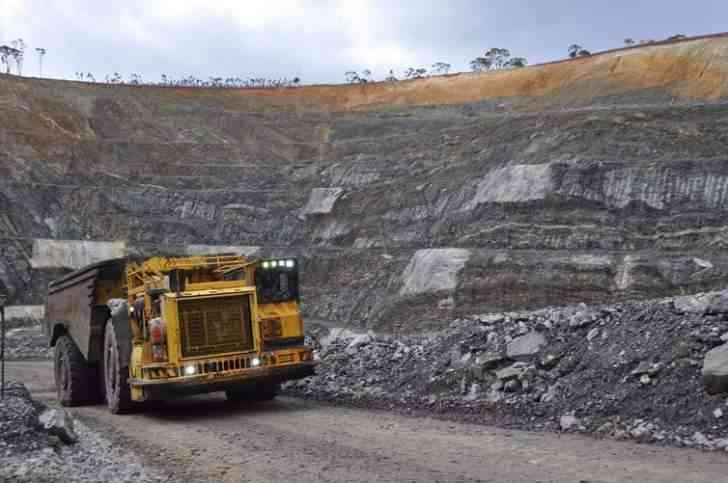Africa-Press – Zimbabwe. THE Economic Justice for Women Project (EJWP), in partnership with Southern Africa Trust (SAT), has launched a gender-centred initiative in response to the urgent need for climate justice and gender equality in lithium-rich communities in Zimbabwe.
The initiative, titled Enhancing Feminist Agency and Building Transformative Regional Solidarity Alliances against Exploitative Extraction, seeks to promote feminist climate action in Zimbabwe and the region.
Reports indicate that extractivism in Zimbabwe has not only failed to promote equitable and inclusive development, but also played a major role in environmental degradation, carbon emission and biodiversity loss.
With lithium becoming central to the global transition towards renewable energy, the initiative purports that there is an urgent need to ensure the transition is gender just and inclusive.
EJWP project officer Tanyaradzwa Jura said the project sought to build a feminist voice and agency at local level that fed into national, regional and global advocacy platforms.
“The project also seeks to ensure that the most affected lead and inform conversations affecting their contexts, decentralising advocacy action on just energy transition and climate justice,” Jura said.
“Zimbabwe’s extractive sector has led to inequality, displacement and environmental harm.
“Women, especially young women, are excluded from benefits and decision-making. Lithium mining in areas like Bikita, Buhera, Goromonzi and Mberengwa poses ecological and socio-economic challenges.
“There is limited gender-focused advocacy in regional extractive discourse.”
Jura said it was important to amplify women’s voices in energy transition and climate justice, strengthening eco-feminist movements in the Sadc region, building regional solidarity through shared learning and advocacy and influencing national and regional policy using local evidence.
She noted that feminist initiatives centred on young women in mining-affected communities would connect communities, policy-makers and regional actors to challenge exploitation.
“We want to empower young women as leaders in climate and extractive justice, document and amplify community stories and experiences, promote policy reforms that reflect community realities as well as build strong feminist regional alliances for lasting impact,” Jura said.
“This is the reason why we are using the feminist participatory action research, led by communities to generate evidence.”
For More News And Analysis About Zimbabwe Follow Africa-Press






